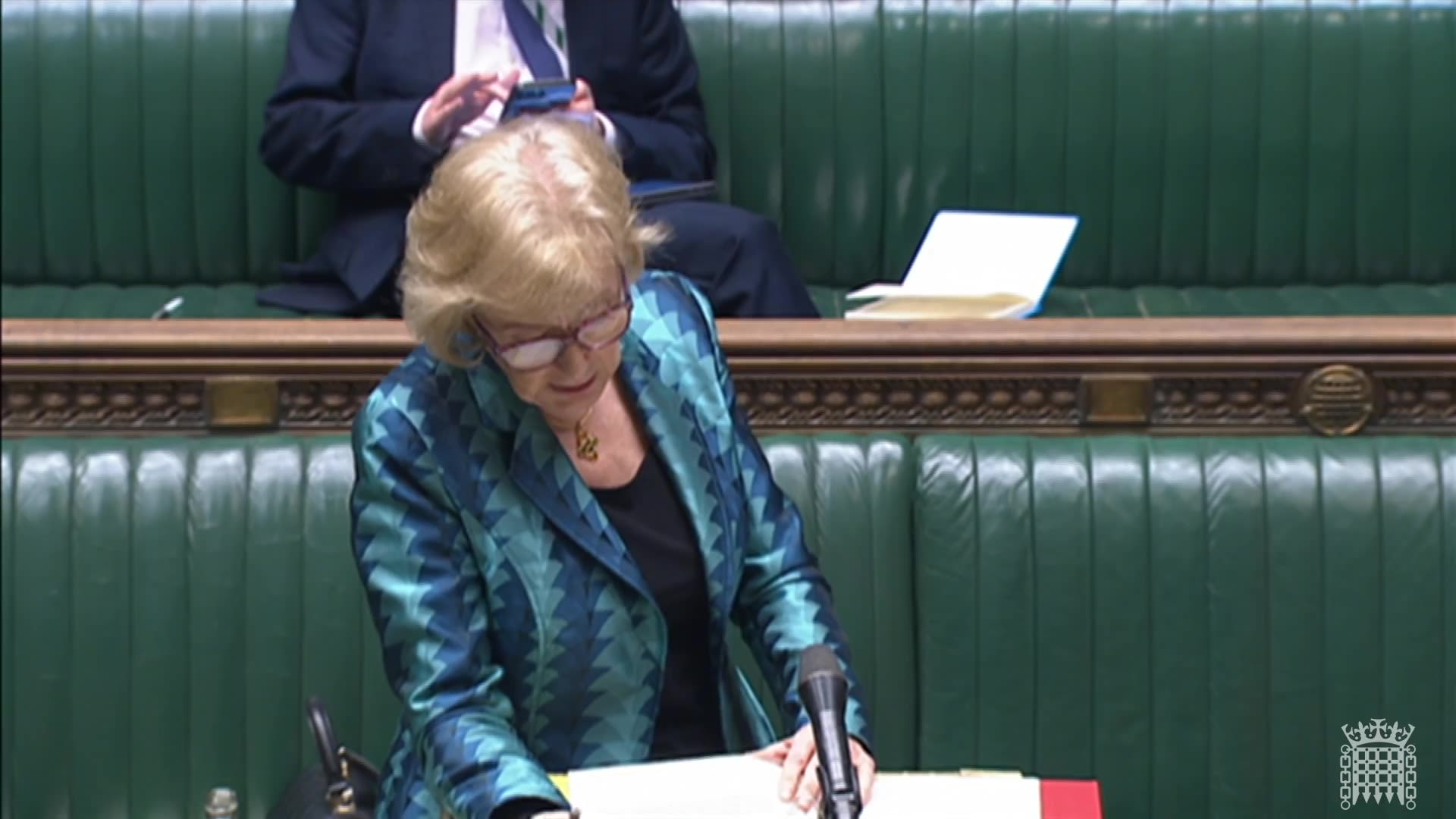Heart and circulatory diseases
Your experiences shared for a Parliamentary debate
Thursday 22 February 2024

On Thursday 22 February, Dean Russell MP led a Backbench Business debate entitled 'Premature deaths from heart and circulatory diseases'.
To inform it, he asked to hear about your experiences.
Thank you to all those who responded to the survey.
Page contents:
- MP's thank you message
- Video of survey respondents' stories being shared
- The Government's response
- Links to read or watch the debate
- Relevant Parliamentary activity
- A debate explainer.
"I would like to thank everybody who shared their personal experiences with me for this debate.
"I heard testimonies from many people around the country who have been deeply affected by heart and circulatory conditions.
"In the debate I discussed many of the issues that were raised in the survey, including the importance of prevention, aftercare, raising awareness, and the valuable role played by charities such as the British Heart Foundation.
"Some of the stories that were shared with me were very moving. I am grateful to everyone who took the time to fill in the survey."

He shared some of the public's experiences in his speech:
If you took part in this activity, please answer three quick questions about how it worked for you:
The Government's response

Health minister Andrea Leadsom MP, responded to the debate on behalf of the Government.
She described the Government's current policies and future ambitions related to the debate topic.
Watch or read her full speech for details, where she covers a range of topics, including:
Prevention and detection:
- The CVD prevention recovery plan which focuses on detection, monitoring and treatment of cardiovascular disease (CVD)
- The NHS Health Check and digital NHS Health Check for those aged 40-74 years
- The Government’s forthcoming Major Conditions Strategy, which will focus on prevention and tackling the main causes of ill-health.
Community-based initiatives and public education:
- A £1 million fund to expand defibrillator access
- Blood pressure checks in high street pharmacies and at home to help detect hypertension
- The delivery of 160 community diagnostic centres, which will provide echocardiography services by March 2025
- The launch of a public awareness lifesaving campaign to help people recognise the signs of a heart attack
- The managing heart failure @home programme.
Food, drink and smoking:
- The reduction and reformulation programme, which aims to reduce the amount of sugar, salt and calories in food and drink
- The Government’s plan to create a smokefree generation.

Resources and support links

House of Commons Library
Relevant research:
- Debate on premature deaths from heart and circulatory disease (February 2023)
- The impact of the covid-19 pandemic on people with heart and circulatory diseases (June 2022)
- Quality of life for patients with heart failure (March 2021)
Relevant committee inquiries
Health and Social Care Committee: Men's health (September 2023)
Support links:
- NHS: Cardiovascular disease
- NHS: Coronary heart disease
- NHS: Heart attacks
- British Heart Foundation: Support
What are Backbench Business debates?
Backbench Business debates give backbench MPs an opportunity to have a debate on a topic of their choice.
MPs can request time for a debate from the Backbench Business Committee, which decides the debates to schedule.
These debates do not often involve a vote on a particular action or decision.
Instead, they are a way to:
- raise awareness of an issue, often as part of a wider campaign
- seek to influence government policy
- put the views of backbench MPs, opposition parties, and the government on record.
The setting
Backbench Business debates happen in the House of Commons Chamber or in Westminster Hall.
This explainer focuses on debates which take place in the House of Commons Chamber.
Chairing the debate
Backbench Business debates are chaired by the Speaker or one of the Deputy Speakers. Their role is to:
- ensure debates keep to the time allocated
- call on MPs to speak
- make sure MPs follow the rules of debate.
Opening the debate
The MP who requested the debate makes the first speech.
They will generally:
- outline their views on the issue
- present examples
- in some cases, call on the government to take action.
Backbench speeches
After the opening speech, other backbench MPs take turns to speak in the debate.
The main opposition parties
The main opposition parties then have a chance to respond.
An MP from the third largest party generally goes first, and is followed by an MP from the official Opposition.
They outline their party's position on the issue.
The government's response
The Minister then responds to the debate on behalf of the government.
The Minister will generally:
- respond to concerns raised by MPs
- explain the government's position and policies
- share relevant plans or ambitions for the future.
Closing the debate
If there is enough time, the MP who opened the debate can make final comments. The debate is then concluded.
Engaging with debates
- You can contact your MP and ask them to attend a debate. Or you can ask them to request their own debate on an issue you feel is important.
- You can watch debates online or attend in person. Find out what's on by looking at the Parliamentary calendar.
- For some debates, you may be asked to share your insights and experiences. This can help inform the MPs taking part in the debate. See the Chamber Engagement website for details.
Lisa, Ian and Charlotte helped inform previous debates on topics including the menopause and pensions advice:
Find out more about how the Backbench Business Committee works.

Photo credit: UK Parliament / Jessica Taylor
